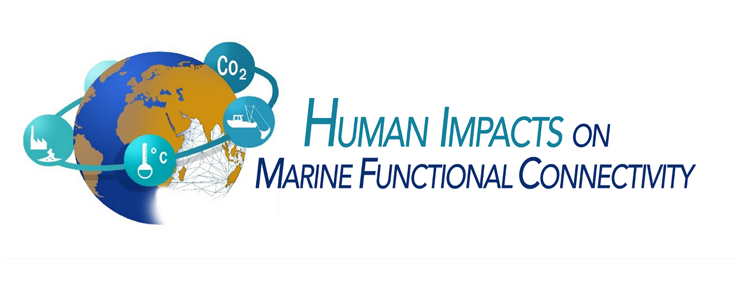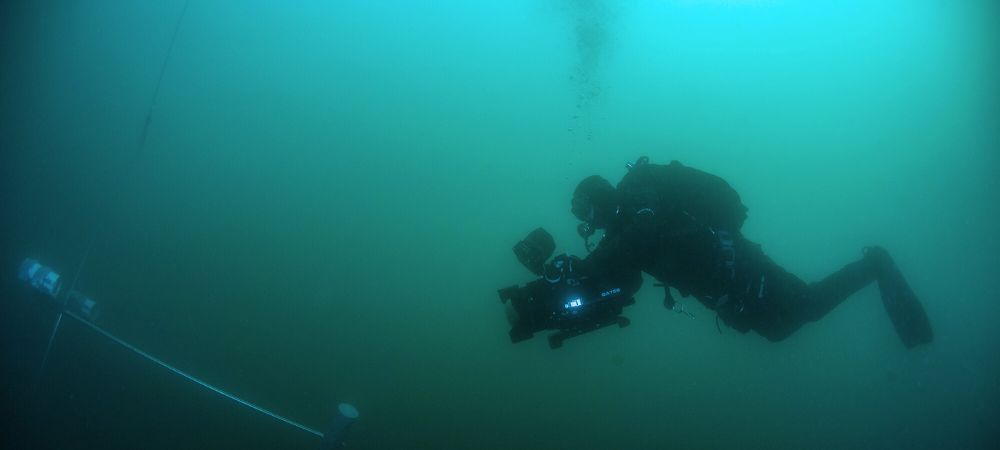We impacted marine ecosystems. And now?

"In the sea, everything is interconnected. Species do not know borders. The connections that exist in the ocean are essential for the species that live in it, many of them of extreme importance to us, in our food, in the biodiversity they represent, in the role they play in nature. Phenomena such as climate change, the construction of new infrastructures, such as aquaculture units, energy production, bridges, ports, and marinas, are some examples of how human action has impacted these connections," says Susanne Tanner, a PhD researcher at MARE/ARNET and the Faculty of Sciences of the University of Lisbon (Ciências ULisboa), organizer of the symposium where these topics will be discussed.
The international symposium - "Human impacts on the functional connectivity of marine ecosystems" - will take place from May 22 to 25, at the João Mota Municipal Cinetheater in Sesimbra. It is expected that over a hundred researchers, marine managers, and politicians from 30 countries will share the latest findings on the subject and discuss management and preservation policies for ecosystems.
In the first three days, five thematic sessions moderated by world-renowned researchers will take place, including over 60 oral presentations and 30 posters. On the last day, two workshops will be held: the first will discuss the best way to use historical and pre-industrial data to anticipate future changes in species distribution and consequences for marine ecosystems; and the second will focus on how to involve governments and NGOs in co-creating actions and tools that incorporate scientific data into decision-making processes, planning, and policy for sustainable development.
The symposium is supported by the Sesimbra City Council and organized by the COST SEA-UNICORN Action, the International Council for the Exploration of the Sea (ICES), Ciências ULisboa, MARE/ARNET, and the Center for Functional Ecology of the University of Coimbra.
 ©Nuno Vasco Rodrigues
©Nuno Vasco Rodrigues
